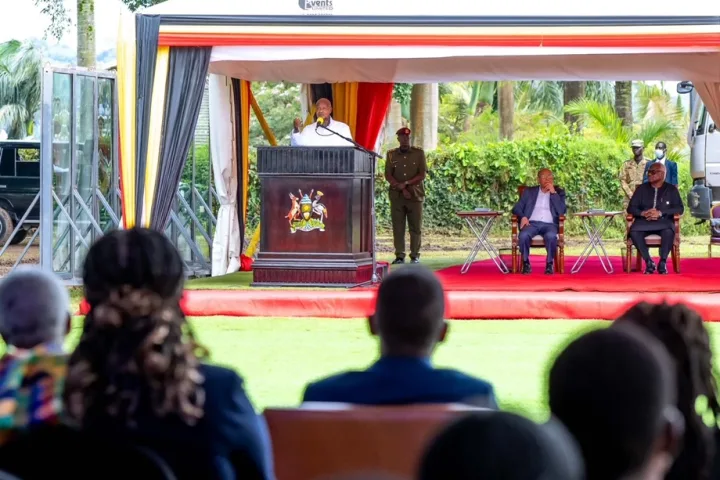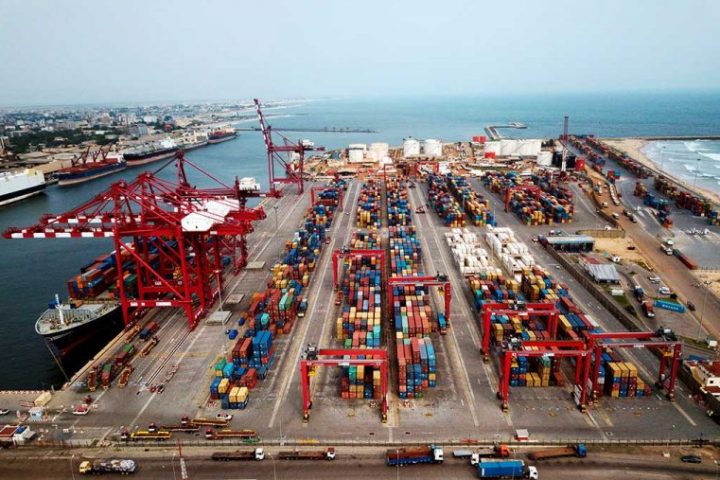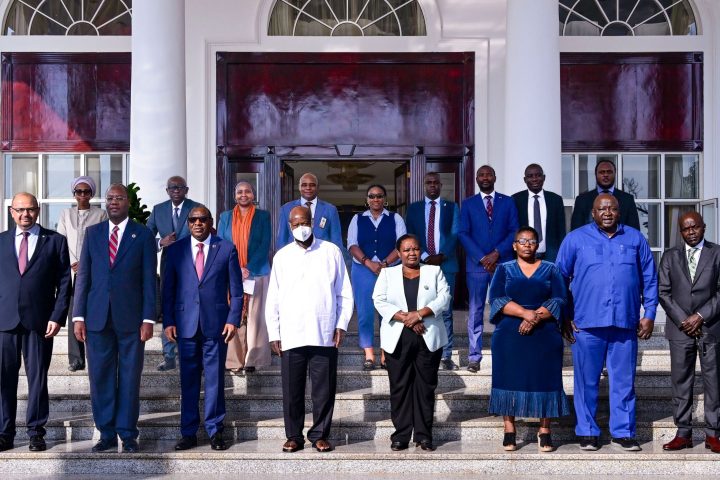There are indications that Burkina Faso, Mali, and Niger Republic may potentially isolate themselves from the $702 billion regional economy with their decision to withdraw membership of the Economic Community of West African States (ECOWAS).
The decision, termed as a “silly own goal” by FIM Partners, Charlie Robertson, could have dire consequences for the trio, exposing them to increased tariffs and restrictions on trade.
The landlocked and economically challenged countries, with a per-capita GDP of less than $1,000, risk worsening the prevalent food insecurity and further destabilizing their already fragile economies. The exit would also mean losing access to markets like Nigeria and Ghana, which contribute significantly to the ECOWAS GDP.
The joint statement by the military leaders of Burkina Faso, Mali, and Niger emphasized a departure from the ideals of ECOWAS’ founding fathers and pan-Africanism.
This move may weaken the regional economic bloc’s contribution to the African Continental Free Trade Area and potentially reduce its $277.22 billion trade with the rest of the world.
While the International Monetary Fund’s chief economist, Pierre-Olivier Gourinchas, acknowledged the early stage of assessing the impact, he noted the general belief that an integrated economic area fosters trade and growth. The IMF is closely monitoring the situation, expressing concerns about moving away from such integration.
As the international community watches, the ECOWAS exit raises questions about the future of regional cooperation and economic stability, with potential ramifications on the already complex geopolitical landscape in West Africa.
Emmanuel Ochayi is a journalist. He is a graduate of the University of Lagos, School of first choice and the nations pride. Emmanuel is keen on exploring writing angles in different areas, including Business, climate change, politics, Education, and others.



















Follow Us